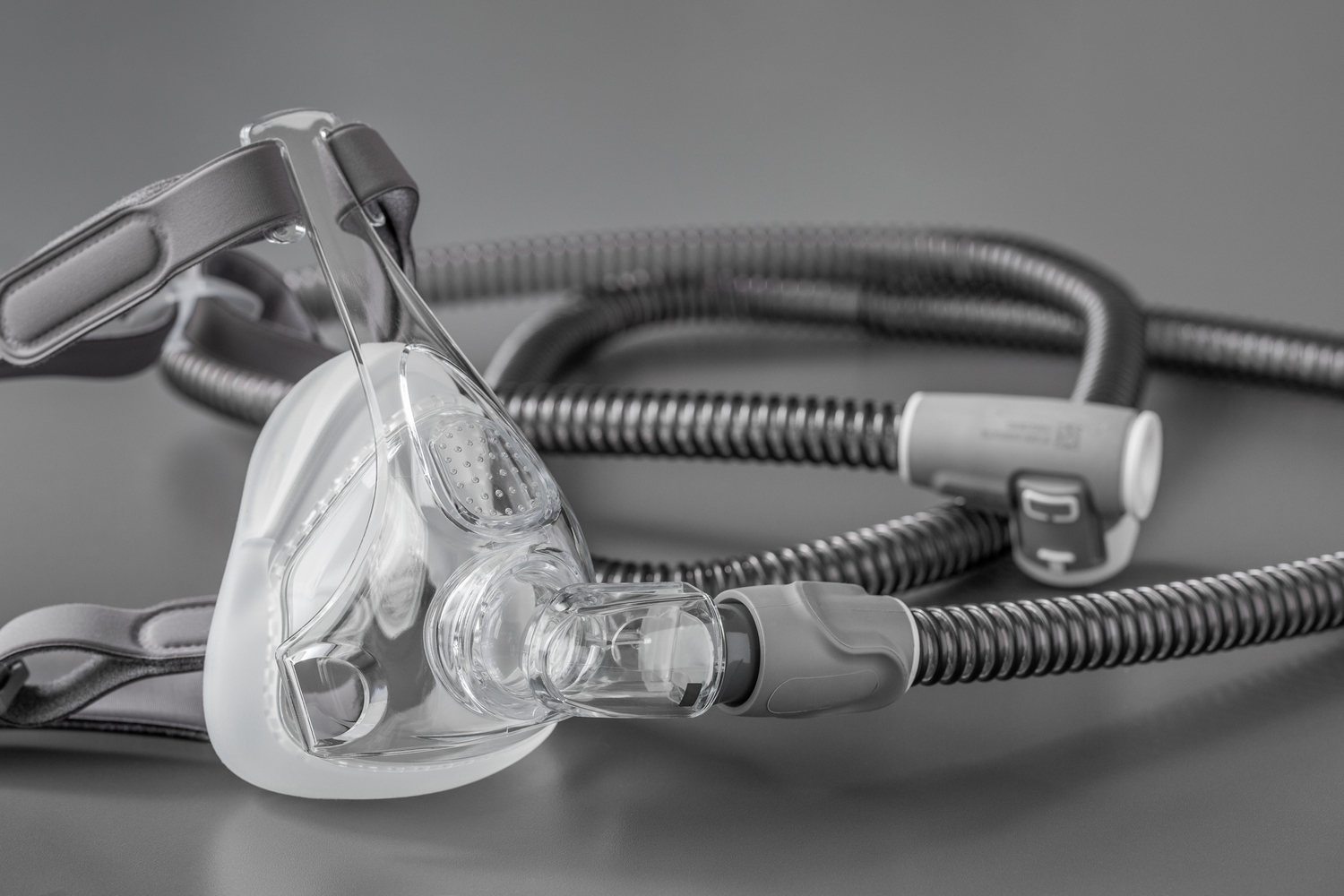
Life Insurance and Sleep Apnea: Background
Can You Get Life Insurance with Sleep Apnea?
Does Sleep Apnea Affect Life Insurance Rates, and How?
What Life Insurance Types Can You Get with Sleep Apnea?
Does Sleep Apnea Disqualify You from Life Insurance?
What is the Best Life Insurance for People with Sleep Apnea?
Sleep apnea is a common disorder characterized by brief interruptions of breathing (apneas) for at least 10 seconds during sleep. This literally means the cessation of breathing. Johns Hopkins Medicine has published studies that show sleep apnea can decrease life expectancy – sometimes by several years.
Various estimates indicate that 6%-7% of Canadians report having been diagnosed with sleep apnea by a health care provider. This is higher than the results of a previous survey conducted eight years ago; in fact, almost double. This can be a serious medical condition and can be related to obesity. A key symptom is, the person is usually a heavy snorer. The treatment involves surgery or the use of oxygen at night with a mask. It is difficult to get used to sleeping with the machine, therefore many people often don’t use it as prescribed.
There are three types of sleep apnea:
Having sleep apnea as a medical precondition may impact how your life insurance application will be processed and evaluated by a life insurance company. This article provides dives into sleep apnea life and insurance underwriting, so you can get the policy you need – even if you suffer from this condition.
|
You can get life insurance when you have sleep apnea. However, it is considered a pre-condition. Without the right application, you could be denied or offered a rated policy. This means, you could be charged a higher fee for the same policy as someone without the condition; often up to 100% higher or even more. You may qualify for a no medical policy. These two policy types, simplified issue and guaranteed issue, do not have a medical exam requirement. There are a variety of applications and policies. The typical factors that are considered include:
An attending physician statement (APS) is normally required for consideration. If the APS shows many signs of sleep apnea, insurance is likely to be postponed until the condition improves. If the condition is shown to be managed well and the patient is in compliance, this can open up standard or no medical rates. | Expert tip from Paul Pinel “Studies show that millions of Canadians have reported being diagnosed with sleep apnea by a health care professional. Good news is that those diagnosed can still qualify for life insurance. Potential ratings or declines will depend on the severity of the condition, the treatment plan, and other contributing health concerns such as smoking status and height to weight ratio. Untreated sleep apnea can also lead to other concerns for insurers such as heart disease and high blood pressure, as well as overall drowsiness which increases risk of accidents. For more severe cases where fully underwritten coverage is unavailable, clients should work with an independent life insurance advisor who can canvass the broad array of carriers who offer guaranteed issue policies.” |
There are a variety of applications and policies. The typical factors that are considered include:
An attending physician statement (APS) is normally required for consideration. If the APS shows many signs of sleep apnea, insurance is likely to be postponed until the condition improves. If the condition is shown to be managed well and the patient is in compliance, this can open up standard or no medical rates.

“Studies show that millions of Canadians have reported being diagnosed with sleep apnea by a health care professional. Good news is that those diagnosed can still qualify for life insurance.
Potential ratings or declines will depend on the severity of the condition, the treatment plan, and other contributing health concerns such as smoking status and height to weight ratio.
Untreated sleep apnea can also lead to other concerns for insurers such as heart disease and high blood pressure, as well as overall drowsiness which increases risk of accidents.
For more severe cases where fully underwritten coverage is unavailable, clients should work with an independent life insurance advisor who can canvass the broad array of carriers who offer guaranteed issue policies.”
The more severe the apnea is, the higher the rating. If an individual that is being treated does not have any major symptoms, the rate can be standard. If untreated, the decision would be from standard to a rating of 150% to a decline. If your diagnosis is central apnea, your life insurance application will likely be declined. However, if you have mixed or obstructive apnea, there are some options available.
| MILD CASE | MODERATE CASE | SEVERE CASE | |
| Insurer A | Standard | Standard to +200% | 150% – decline. Higher ratings if applicant < age 50 |
| Insurer B | Standard to +50% | Standard to +100% | Decline |
| Insurer C | Standard | Standard to +150% | 150% – decline |
Depending on your medical history, you may qualify for the following policies even if you have sleep apnea as a health precondition.
| Insurance Type | Medical Exam | Detailed Medical Questionnaire | Short Questionnaire | Coverage Limits | Important to Know |
| 1. Traditional, Medically Underwritten Life Insurance with PREFERRED RATES | Yes | Yes | No | $5,000,000+ | Available only in a few select cases |
| 2. Traditional, Medically Underwritten Life Insurance with STANDARD RATES | Yes | Yes | No | $5,000,000+ | Mild cases |
| 3. Traditional, Medically Underwritten Life Insurance WITHOUT A MEDICAL EXAM | No | Yes | No | $5,000,000+ | Not available |
| 4. Traditional, Medically Underwritten RATED Life Insurance | Yes | Yes | No | $5,000,000+ | The most likely life insurance for people suffering from sleep apnea Typical rating: 50%-200% |
| 5. Simplified Issue Life Insurance | No | No | Yes | $1,000,000 | You are able to qualify but your rates will be higher than standard life insurance. |
| 6. Guaranteed Issue Life Insurance | No | No | No | $25,000 | You can always qualify for this insurance type. It is important to know that this insurance does not pay out for death (other than from an accident) during first two policy years. Premiums, however, are returned to the beneficiary. |
What is the best way to get approved for life insurance when you have sleep apnea? Work with a broker. Life insurance brokers shop the market on your behalf and can even preview applications to see how they treat life insurance and sleep apnea. The broker may also email the company and check on your chances of being approved. Agents only work for one company; brokers are like freelancers. They can access any policy in Canada. This gives them options for your unique situation. Since brokers are compensated by the life insurance companies, their services are free to you!
No! If you have a policy in place and you develop sleep apnea, your policy is still active (as long as it has not lapsed). If you are getting a new life insurance policy, there are life insurance options available for people with a sleep apnea pre-condition.
Our brokers can help with a policy from Manulife, SSQ Life Insurance, Empire Life, Canada Life, Assumption Life and other Canadian insurers. Most offer rated, simplified or guaranteed issue policies. Our experienced brokers work with 25+ insurance companies. Contact us today to get started by using the quote request form on the right side of your screen.